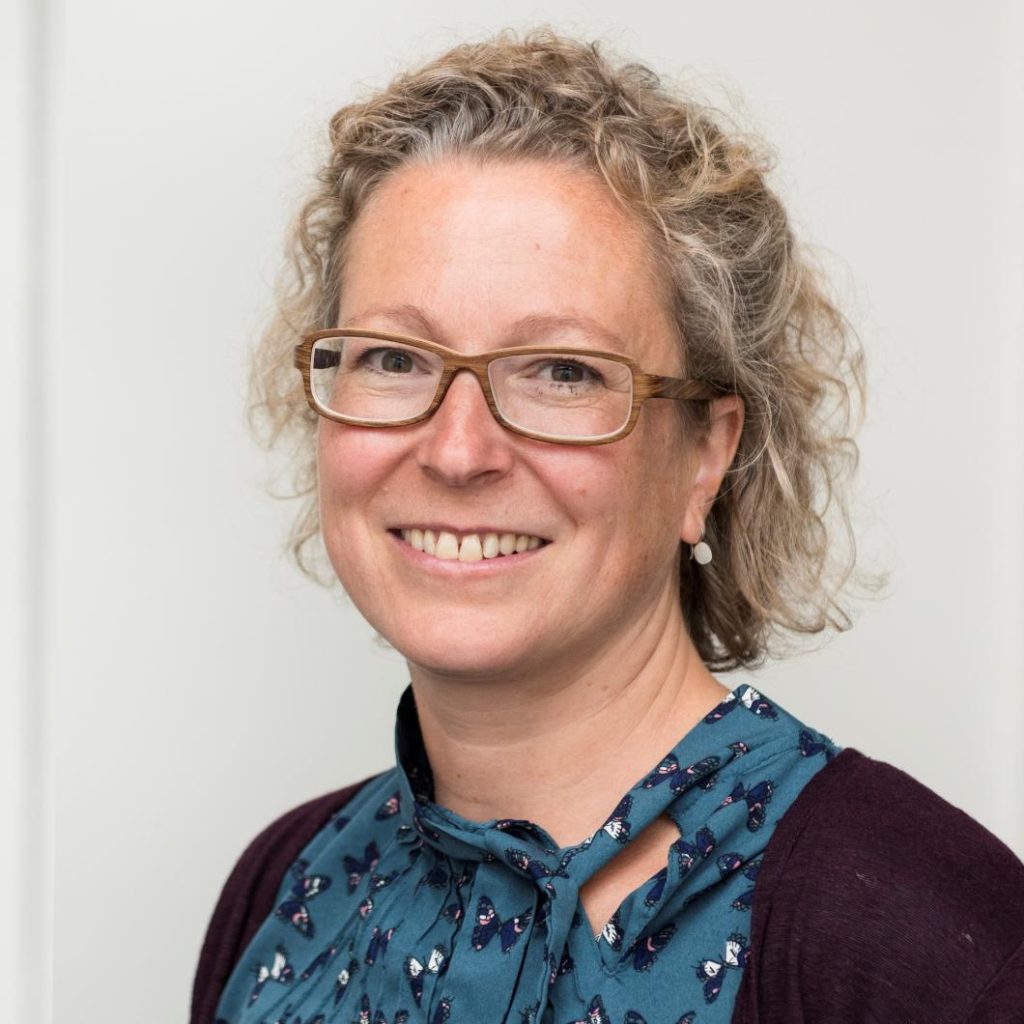
Conflict and Cooperation in Eastern Europe
The Consequences of the Reconfiguration of Political, Economic, and Social Spaces since the End of the Cold War (KonKoop)

Grant no. 01UG2209A-F
Research Scope and Structure
Within the Research Network KonKoop, we look at conflict and cooperation in Eastern Europe since the end of the Cold War. Nowhere else in the world have there been so many wars of secession – some of them unresolved to this day – and newly founded states. Russia’s war of aggression against Ukraine is the latest shocking example.
The research network examines various conflict constellations and dynamics of cooperation in Eastern Europe, Southeast Europe, Central Asia and the Caucasus. Our aim is to understand and explain interactions and integrate the expertise available in Germany.
The research is especially done by five doctoral students and three post-docs, who collaborate with established researchers from the network and its partner institutions on detailed studies and comparative qualitative and quantitative analyses. The doctoral students and the post-docs are organised in the Junior Research Group (JRG).
Two laboratories make the results of the research available to the professional community: The Multi-method Data Lab based at ZOiS (DataLab) is an interdisciplinary platform that processes and links quantitative and qualitative research data. It also tests novel methods for analysing them. The Multi-perspective Laboratory for Peace and Conflict Cartography located at IfL (VisLab) explores how cooperation partners and conflict parties represent their specific interests by means of maps. On this basis it develops and tests visualisations (maps, infographics or artistic graphic (online) tools) that represent conflicting or multiple interests.
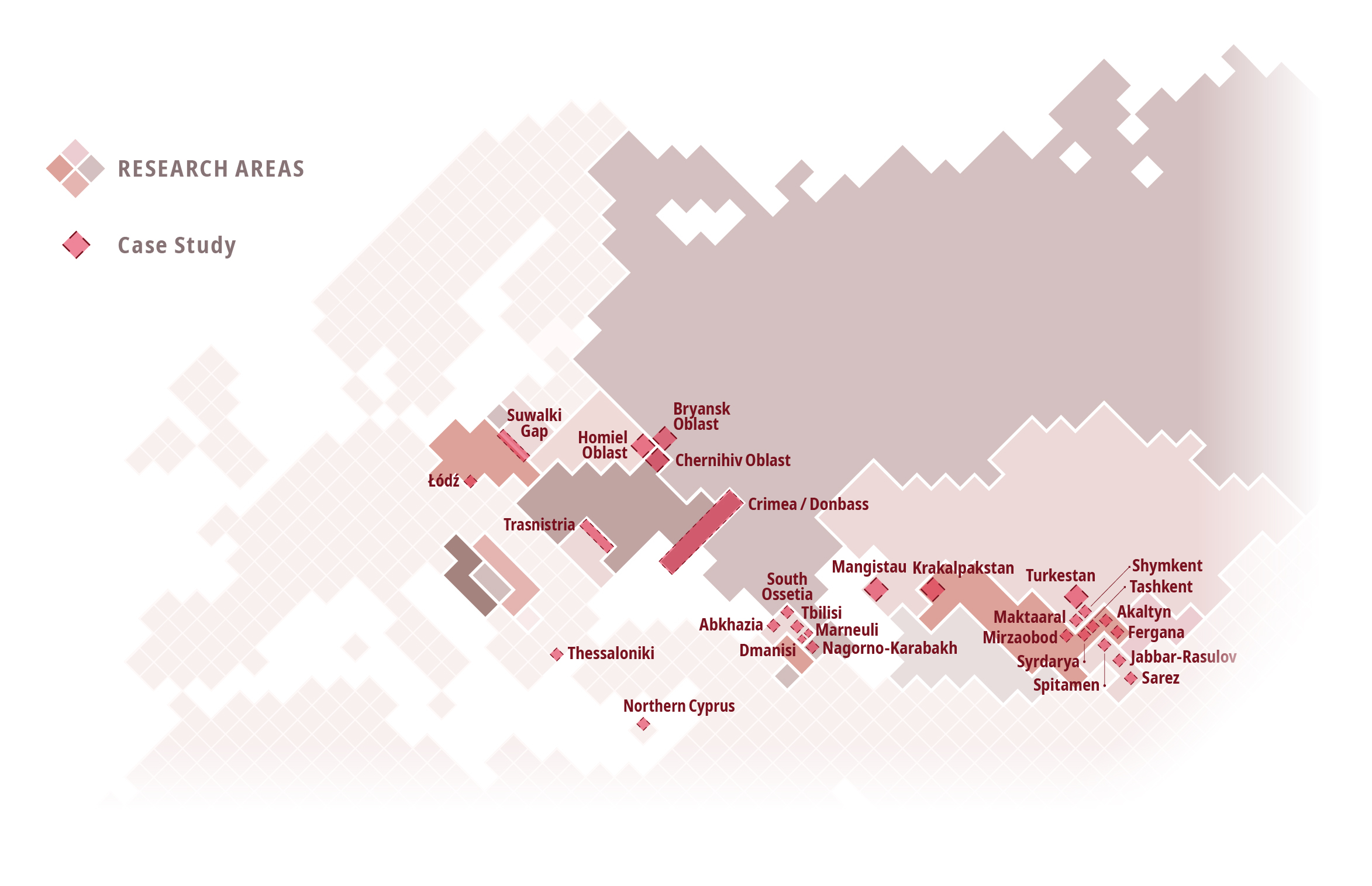
The boundaries and titles of the mentioned countries imply official endorsement and acceptance by the United Nations. In addition, Germany officially recognizes and supports diplomatic relations with the Republic of Kosovo after the country declared its independence in 2008
The highligted territories are foremostly represented as research case studies toponyms of geographical regions and settlements and do not imply a defined status of belonging to states, independence recognition or exact border extent
Topic Lines, Key Questions and Projects
The project involves several research teams working in six topic lines in order to identify how conflicts arise in Eastern Europe, which actors are involved and which factors contribute to escalation and de-escalation, but also which conditions guarantee security or enable cooperation. KonKoop is an interdisciplinary project and draws on expertise from the fields of political science, geography, history and environmental sciences.
The six topic lines are:
A
Post-imperalistic Nation Building Processes
Under what circumstances do political reconfigurations like the dissolution of the Soviet Union or Yugoslavia trigger violent conflicts?
B
Ethnic and
Religious Diversity
What role do ethnic or religious identities play in the emergence or resolution of conflicts?
C
Economic (Des-)Integration
What is the role of economic interests in the conflicts dynamic?
D
Environmental Change
and Ecological Resources
What are the effects of environmental change and resource scarcity?
E
Interactions and Interdependencies between Conflict and Cooperation
What factors influence the scope for peace negotiations and the implementation of peace agreements?
F
In:Security
How can security in Europe be reconceptualised and institutionalised in future?
Hover over a country to highlight the corresponding projects and workshops:
Lead Principal Investigators
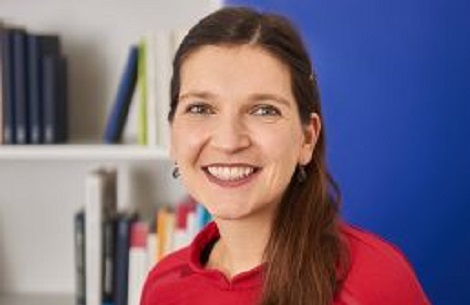
Dr. Julia Langbein

Dr. Sabine von Löwis
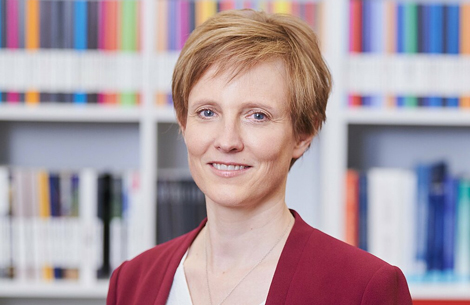
Prof. Dr. Gwendolyn Sasse
Principal Investigators
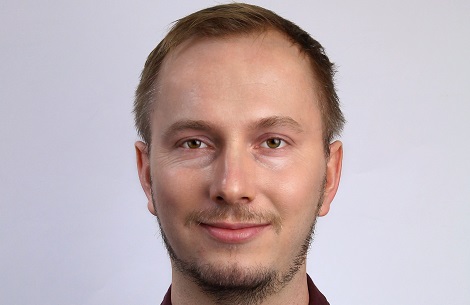
Dr. Henryk Alff
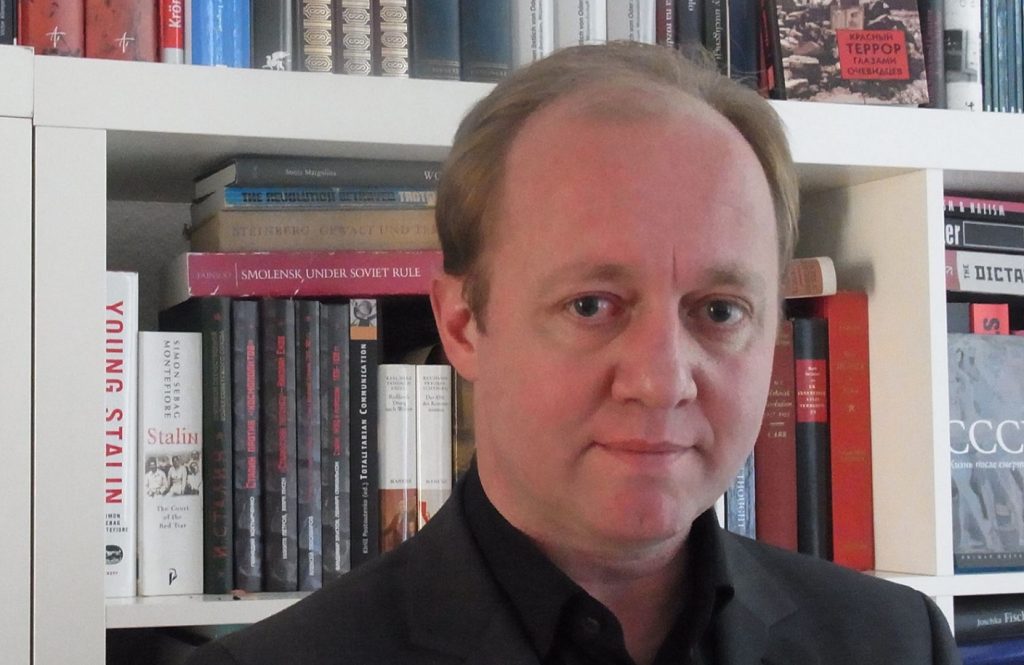
Prof. Dr. Jan C. Behrends
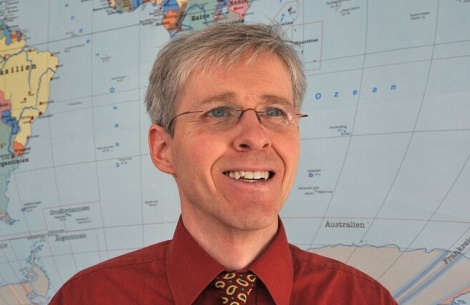
Prof. Dr. Rafael Biermann
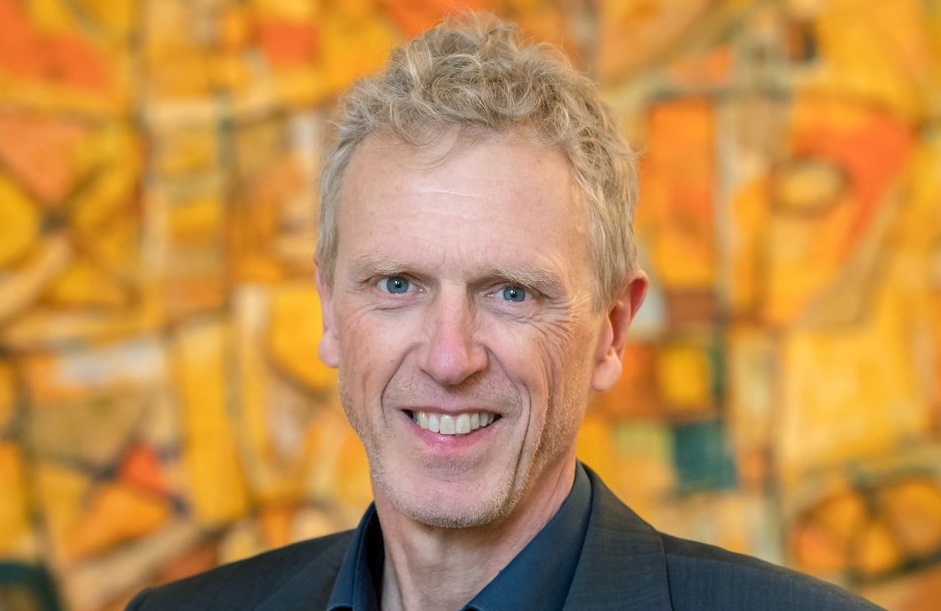
Prof. Dr. Sebastian Lentz
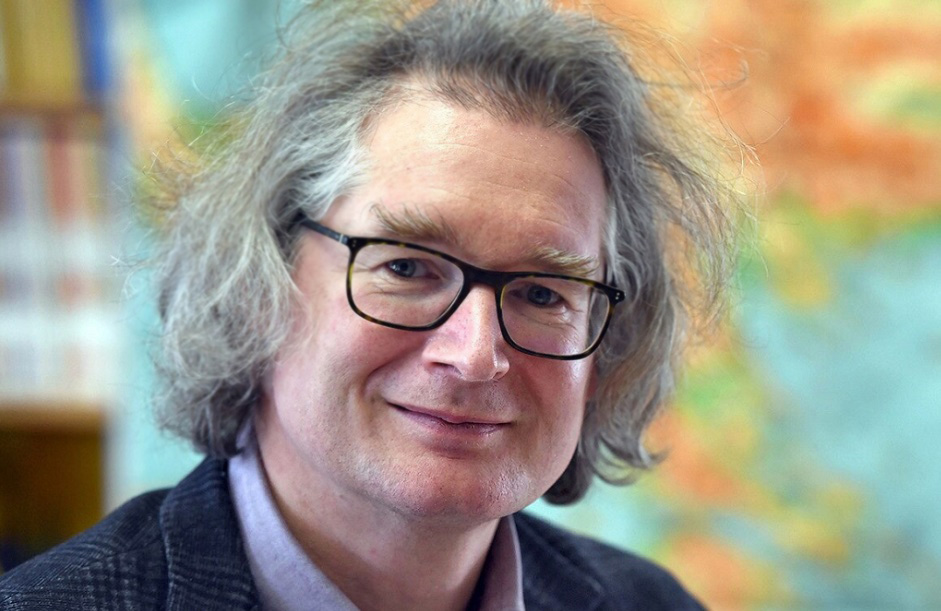
Prof. Dr. Ulf Brunnbauer
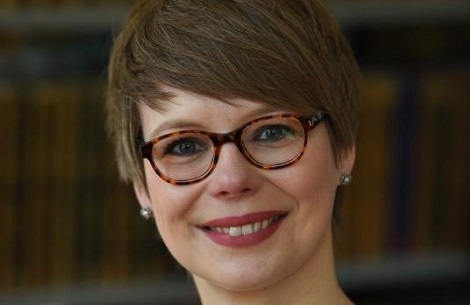
Dr. Cindy Wittke
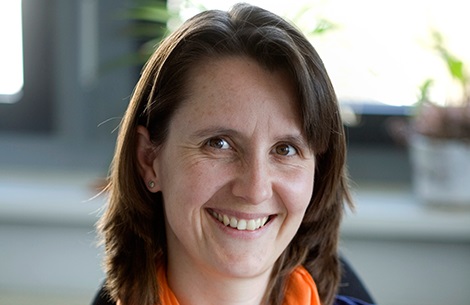
Dr. Jana Moser
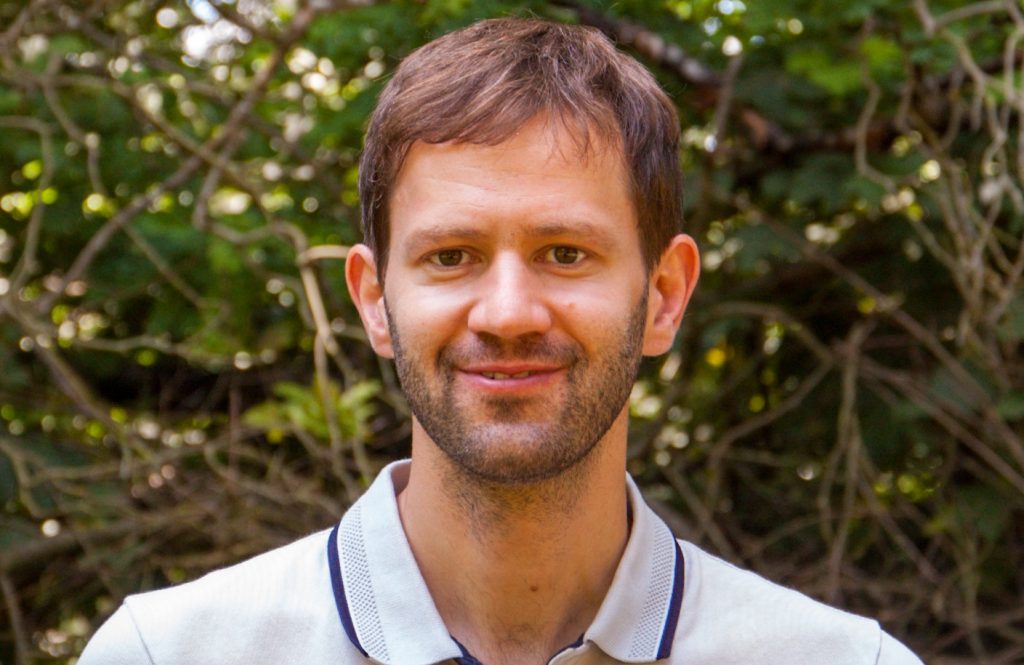
Dr. Michael Spies
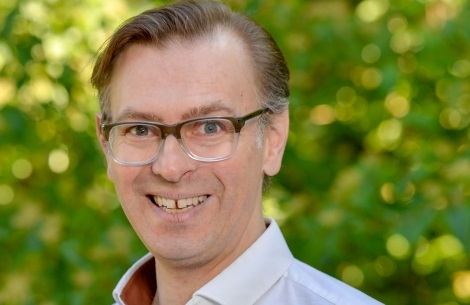
Prof. Dr. Martin Welp
Coordination
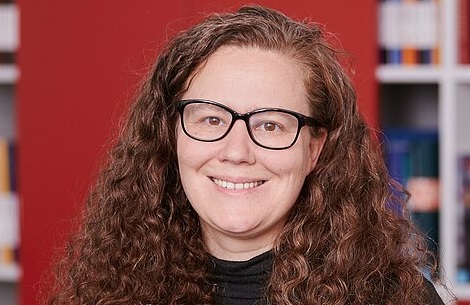
Dr. Kerstin Bischl
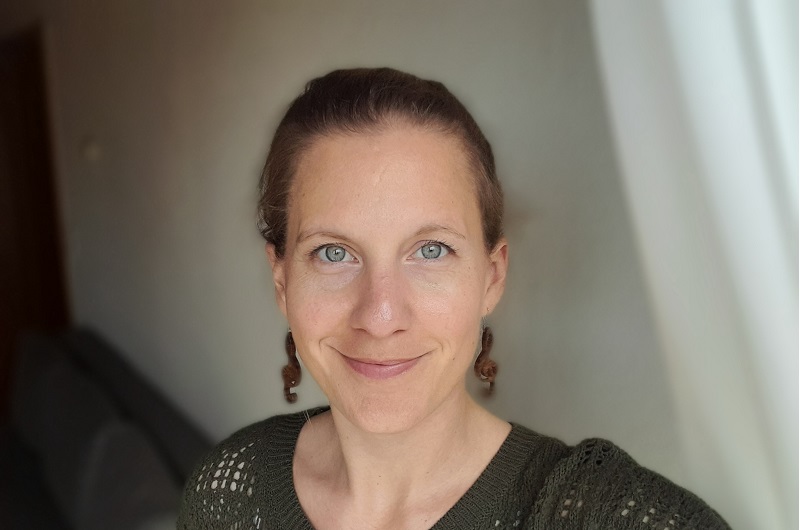
Dr. Katarina Damčević
Labs
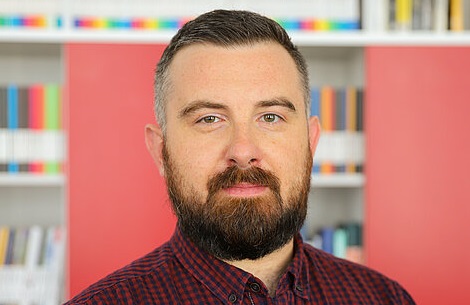
Dr. Ivaylo Dinev
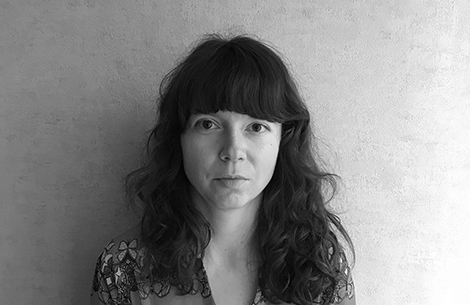
Dr. Mela Žuljević

Dr. Sofia Gavrilova

Iaroslav Boretskii, MA
Academic Advisory Board
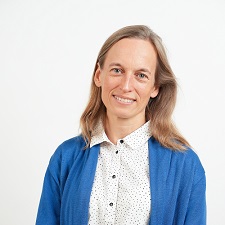
Prof. Dr. Dorota Dakowska
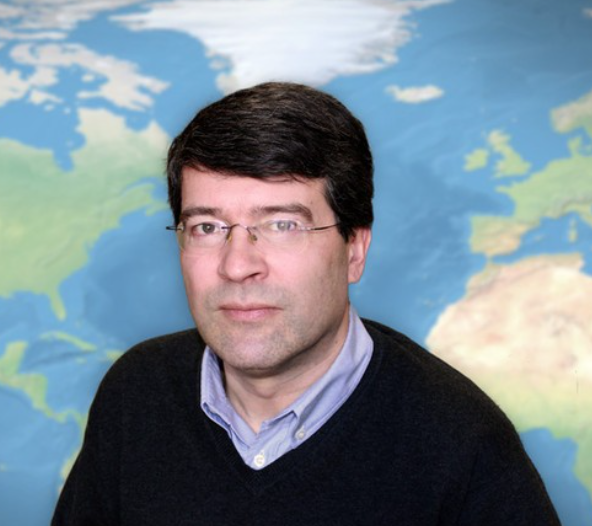
Prof. Dr. Georg Gartner
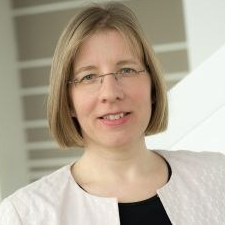
Prof. Dr. Andrea Gawrich
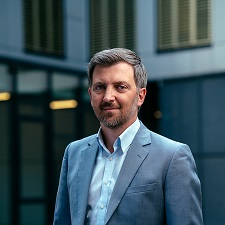
Prof. Dr. Josip Glaurdić
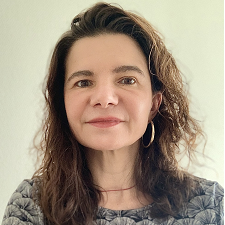
Dr. Sophie Lambroschini
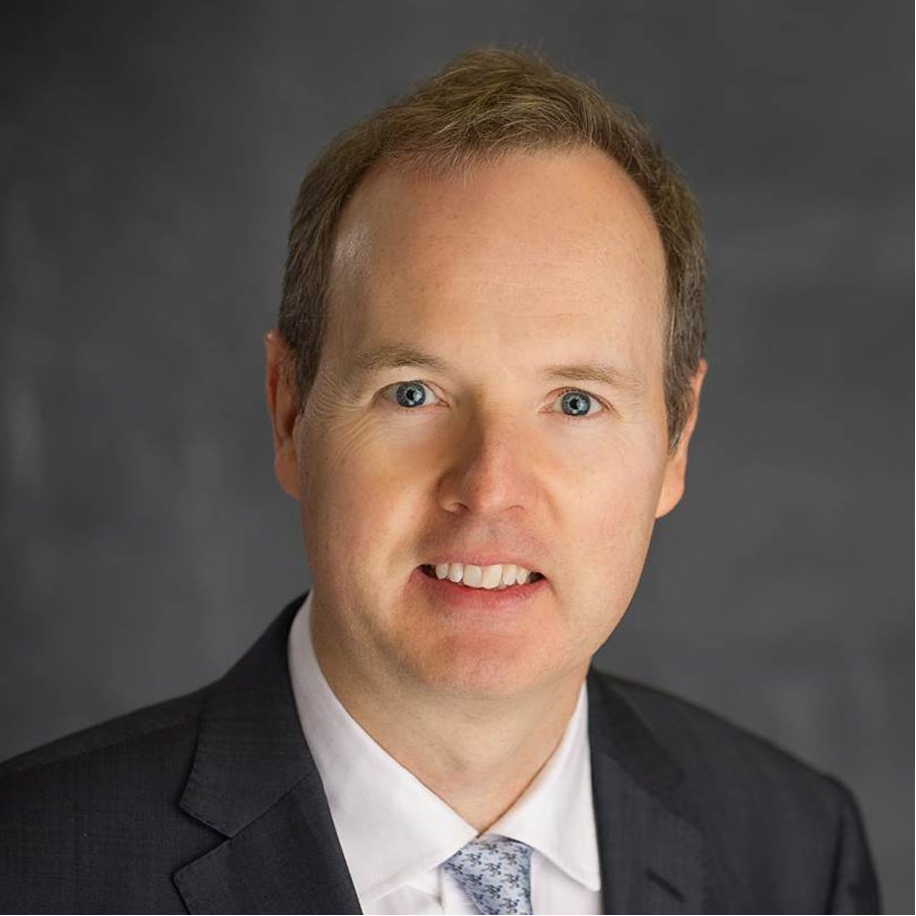
Prof. Dr. Gerard Toal
